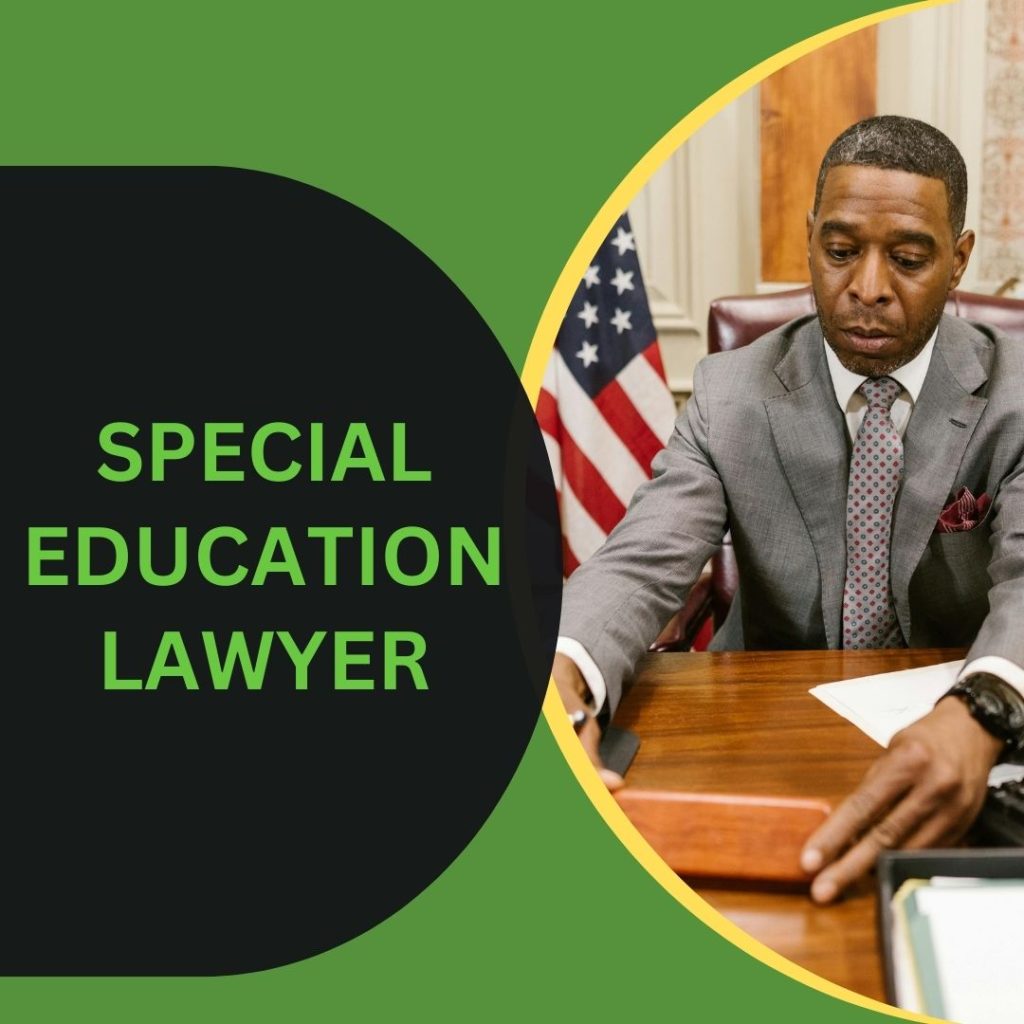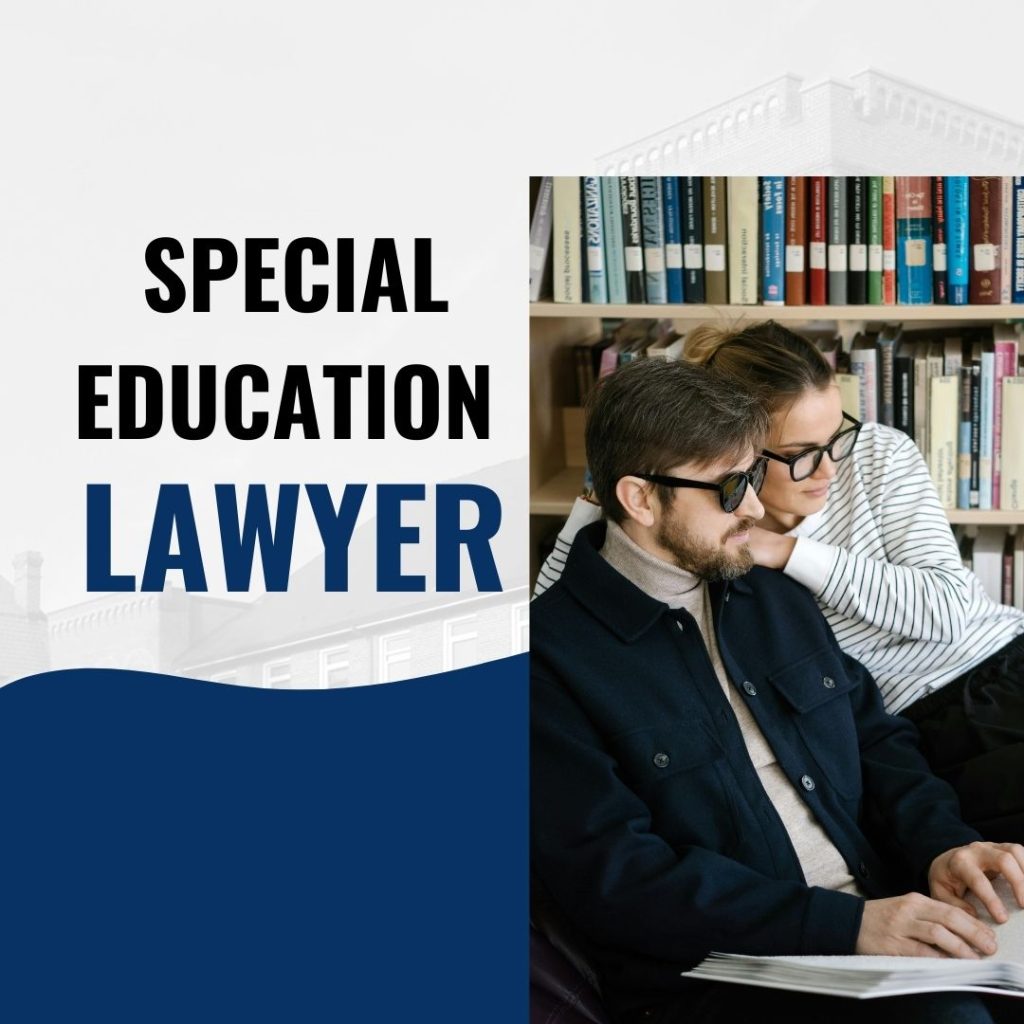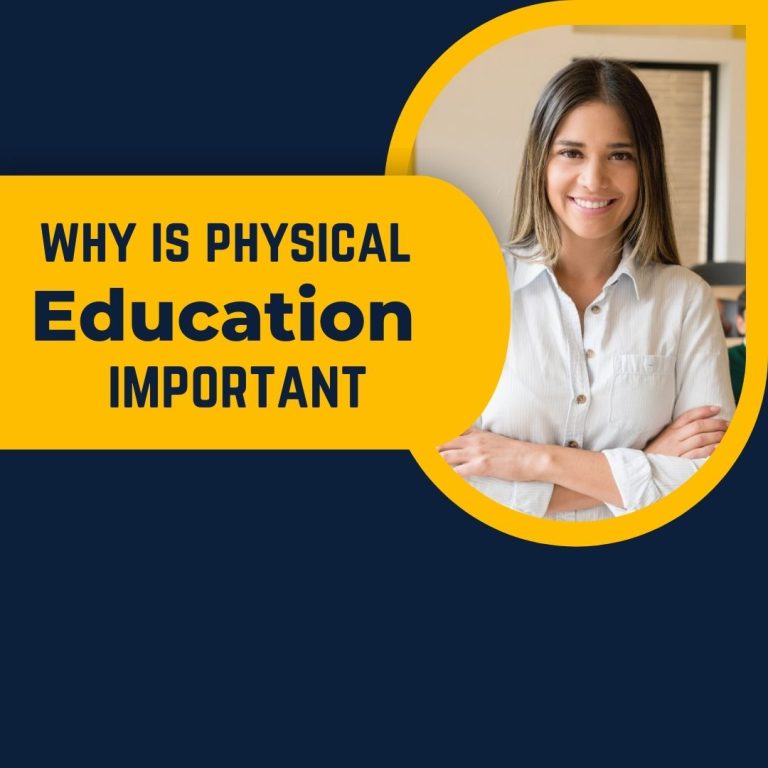Higher Education Lawyers for Legal Academic Skill
Higher education lawyers specialize in legal issues related to universities and colleges. They handle cases involving faculty, students, and academic institutions.
Navigating the complexities of the higher education landscape requires specialized legal expertise. Higher education lawyers are experts in addressing the unique challenges and disputes that arise in university settings, such as tenure disputes, discrimination claims, financial management, and compliance with educational laws.
They provide counsel to educational institutions to ensure they operate within the legal frameworks governing them. These legal professionals also represent students in cases of disciplinary action or grievances. Tailoring their services to meet the intricate needs of academic environments, higher education lawyers play a crucial role in upholding the rights of all stakeholders in the realm of post-secondary education. Their knowledge extends to intellectual property, employment law, and the intricacies of campus operations.

The Role Of Legal Professionals In Academia
Lawyers play a pivotal role in shaping academia. They guide institutions through complex legal landscapes. Their expertise ensures compliance, risk management, and litigation support. This translates into a stable environment where education thrives.
You May Also Read: Why is Physical Education Important?
In-house Counsel In Universities
In-house legal teams offer day-to-day guidance to universities. They deal with a spectrum of issues. This includes contract negotiations, intellectual property, and employment law. They work closely with faculty and administration. Their goal is to mitigate legal risks. They help with policy creation. They safeguard the institution’s interests. Their presence ensures steady legal footing for universities.
External Legal Advisors For Educational Institutions
Universities often seek outside legal counsel. These advisors bring specialized expertise. They tackle issues beyond the scope of in-house teams. They handle major litigations, regulatory compliance reviews, and complex transactions. External lawyers work with trustees and governance boards. They offer strategic insights. They ensure legal decisions align with the institution’s mission and goals.
Legal Challenges In Higher Education
Legal Challenges in Higher Education are as diverse as they are complex. Colleges and universities face a myriad of legal issues that touch upon every aspect of their operations. From safeguarding intellectual property created within their halls to navigating the intricate web of educational laws, higher education lawyers are essential to manage and mitigate these challenges. With evolving legal landscapes and technological advancements, higher education institutions must stay vigilant and proactive.
Intellectual Property And Research
Understanding and managing intellectual property rights is critical for academic institutions. They serve as breeding grounds for innovation, research, and creative works. Some key points include:
- Protecting inventions and patents developed by faculty and students.
- Ensuring compliance with copyright laws for academic publications.
- Negotiating licensing agreements to benefit both creators and the institution.
Universities often develop pioneering technologies and groundbreaking research. A clear intellectual property policy is vital to prevent disputes and foster an environment of innovation.
Compliance With Educational Laws And Regulations
Schools must navigate a complex framework of laws and regulations. Non-compliance can lead to legal action and significant penalties. Areas of concern include:
| Compliance Area | Key Considerations |
|---|---|
| Accreditation Standards | Maintaining quality and meeting criteria set by accrediting bodies. |
| Title IX and Discrimination | Implementing policies for a discrimination-free environment. |
| Student Privacy | Adhering to FERPA and protecting student records. |
| Financial Aid Regulations | Complying with federal and state financial aid requirements. |
Higher education lawyers play a pivotal role in guiding institutions through these legal treks. The goal is not just to prevent litigation, but also to uphold the integrity of the educational establishment.
Higher Education Governance
Navigating the intricacies of Higher Education Governance can be akin to charting a course through a labyrinth of regulations and protocols. Higher Education Lawyers provide vital guidance. They help institutions implement robust policies and maintain ethical standards essential for academic excellence. Let’s delve into the core components of governance in higher education: Policy Development and University Bylaws, along with Ethical Standards in Academic Citizenship.
Policy Development And University Bylaws
Policy development lies at the heart of a well-structured educational institution. Crafting clear, actionable policies defines the roadmap for daily operations and long-term goals.
- Clear Objectives: Policies guide universities in making consistent decisions.
- Compliance: They ensure adherence to national and state educational laws.
- Dispute Resolution: Policies provide mechanisms to address conflicts.
University bylaws serve as the constitution for higher education governance. These bylaws outline the organizational structure, roles, and the scope of authority for various entities within the institution.
| Bylaw Component | Description |
|---|---|
| Board of Trustees | Defines the governing body’s composition and duties. |
| Administrative Framework | Outlines administrative roles and their interaction. |
| Faculty Guidelines | Establishes faculty responsibilities and governance input. |
Ethical Standards In Academic Citizenship
Lawyers specializing in higher education also champion ethical standards. They promote fairness, integrity, and respect within the academic space.
- Integrity: Encouraging honesty in research and academic practices.
- Equity: Advocating for equal opportunities for students and staff.
- Respect: Fostering a community of mutual respect and collaboration.
Ensuring these ethical pillars are upheld is central to fostering a thriving academic community.

Student Rights And Campus Issues
Student rights and campus issues stand at the forefront of university life. They influence the daily experiences of learners. Attorneys specializing in higher education law protect these rights. They guide students through complex campus matters.
You May Also Read: Financial Education Services
Handling Disciplinary Actions
Students sometimes face accusations of misconduct. These situations require a delicate approach. Higher education lawyers assist students in navigating disciplinary procedures. They ensure fair treatment and due process. The support from experienced lawyers proves invaluable during such times.
- Understanding the code of conduct: Lawyers interpret complex university policies.
- Advising on rights: Students receive information on their rights during disciplinary actions.
- Representation and negotiation: Legal representation during hearings can impact outcomes favourably.
Addressing Discrimination And Harassment Claims
Discrimination and harassment mar the integrity of educational environments. Higher education lawyers play a pivotal role in combating these issues. They support students in submitting claims and seek justice.
| Service | Description |
|---|---|
| Investigation support | Guidance through the evidence gathering process. |
| Legal counseling | Advice on the steps to take following an incident. |
| Representation | Advocacy in discussions with university boards. |
Faculty Employment And Tenure Disputes
Teachers and professors face challenges in their careers. Sometimes, they disagree with their colleges about jobs and rules. Lawyers who know about schools help them solve these problems. They talk about contracts and fight when a teacher does not get tenure. Tenure means a teacher can keep their job for a long time.
Navigating Contracts And Employment Terms
Understanding your contract is key to a successful academic career. Higher education lawyers review the fine print so you know your rights and duties. They help with:
- Job descriptions: knowing what the school expects from you.
- Salary and benefits: making sure you get paid fairly.
- Rules for work: learning what you can and cannot do.
Laws about jobs are hard to understand. A lawyer makes them simple.
Legal Procedures In Tenure Denials And Dismissals
Not getting tenure or losing a job is tough. Lawyers step in to protect your rights. They will:
- Check the process: they make sure the school followed its own rules.
- Look for mistakes: they find if the school made errors in your case.
- Argue for you: they speak on your behalf to get fairness and respect.
A lawyer knows the best steps to take if you face tenure problems.
Compliance With Research Funding And Grants
Universities and research institutions often navigate through complex funding waters. Success is not just about securing grants; it’s about compliance with stringent regulations. Higher education lawyers specialize in ensuring that these institutions meet both these objectives seamlessly. Let’s delve into the critical role of compliance within research funding and grants.
Regulatory Framework For Sponsored Projects
Obtaining a research grant is a victory. Nevertheless, with funding comes a plethora of regulations. Such rules safeguard the integrity of the research and the reputation of the institution. Lawyers specializing in higher education play a pivotal role here. They ensure institutions align with these complex regulations from federal, state, and private entities.
- Federal compliance: Institutions must adhere to guidelines from agencies like NSF and NIH.
- State laws: Local laws further dictate how funds should be managed and reported.
- Private grant rules: Private entities have unique requirements that must be understood and followed.
Ensuring Ethical Conduct In Research
In academia, ethics underscore every research endeavor. Higher education lawyers help institutions implement rigorous ethical standards. A robust ethical framework includes:
| Aspect | Requirement |
|---|---|
| Data Integrity | Avoiding fabrication or falsification. |
| Conflict of Interest | Disclosing and managing any potential biases. |
| Human Subject Protection | Ensuring the rights and welfare of participants. |
Lay the foundation for unassailable research by staying ahead of compliance. Seek expertise from seasoned higher education lawyers.
Data Privacy And Cybersecurity In Educational Institutions
In an age where data breaches are common, it’s vital for educational institutions to safeguard their information. Schools and universities hold sensitive data on students, staff, and research activities. Let’s explore how higher education lawyers play a crucial role in this domain.
Protecting Sensitive Academic Information
Educational institutions store valuable data, from personal information to intellectual property. To protect this, lawyers ensure that schools follow the best practices in data privacy and cybersecurity.
- Assess risk: Lawyers help identify potential vulnerabilities in an institution’s data storage and sharing protocols.
- Develop policies: They draft clear policies to manage data access and protect privacy rights.
- Train staff: Legal experts can provide training on data privacy laws and how to respond to data breaches.
Legal Considerations For Online Learning Platforms
With online learning platforms becoming the norm, numerous legal considerations need addressing.
| Consideration | Description | Action |
|---|---|---|
| Compliance | Platforms must comply with education and privacy laws. | Lawyers check for compliance with FERPA, COPPA, and GDPR. |
| Contracts | Agreements with service providers must prioritize data security. | Lawyers draft and review contracts to include data protection clauses. |
| User Consent | Platforms should obtain consent before collecting user data. | Ensure clear consent forms are in place and adhere to legal standards. |
Higher education lawyers ensure that institutions not only understand their obligations but also embed data protection within their systems and culture.

Preparing For Litigation In Educational Settings
Navigating legal challenges in education demands specialized expertise. Higher Education Lawyers offer a guiding light. They understand the maze of laws and regulations affecting colleges, universities, and other educational institutions. These legal experts help prepare for potential litigation, ensuring the best outcomes for their clients.
You May Also Read: Which is the Best Course to Study Online?
Strategies For Dispute Resolution
Effective dispute resolution is crucial for maintaining a learning environment. Here are key tactics:
- Mediation: A neutral party helps resolve issues before they escalate.
- Arbitration: A binding decision is made by an arbitrator, offering a quicker resolution than court.
- Negotiation: Lawyers work out agreements, focusing on mutual benefits.
Preventing litigation saves time and resources. Higher Education Lawyers devise strategies to avoid legal showdowns.
Representation In Court And Administrative Hearings
When disputes lead to the courtroom, lawyers step up to represent educational entities. They navigate the complexities of trial proceedings with precision.
| Court Representation | Administrative Hearings |
|---|---|
| Building strong cases | Guiding through bureaucratic processes |
| Gathering crucial evidence | Presenting compelling arguments |
| Defending clients’ positions | Interpreting educational policies |
Lawyers are essential in ensuring that voices are heard and rights are defended in both court and administrative hearings.
Frequently Asked Questions On Higher Education Lawyers
What Do Higher Education Lawyers Do?
Higher education attorneys specialize in issues that affect colleges and universities. They handle compliance with education laws, defend against lawsuits, and provide legal guidance on policies.
Why Hire A Lawyer For University Disputes?
Engaging a lawyer for university disputes can ensure your rights are protected. Attorneys experienced in education law can navigate complex issues, from academic misconduct to discrimination cases.
When Should You Contact A Higher Education Attorney?
Contact a higher education lawyer if you’re facing disciplinary actions, disputes over academic integrity, or issues with academic policies. They can offer legal support and representation when needed.
How Do Higher Education Lawyers Help With Title Ix?
Higher education lawyers assist with Title IX by guiding institutions through compliance and representing individuals in sexual harassment and discrimination investigations to ensure fair treatment.
Conclusion
Navigating the complexities of higher education legalities can be daunting. Higher education lawyers offer indispensable guidance, ensuring institutions and individuals remain compliant and informed. Seek professional counsel to champion your educational objectives and legal rights. Their expertise is the key to peace of mind in academia’s dynamic landscape.







